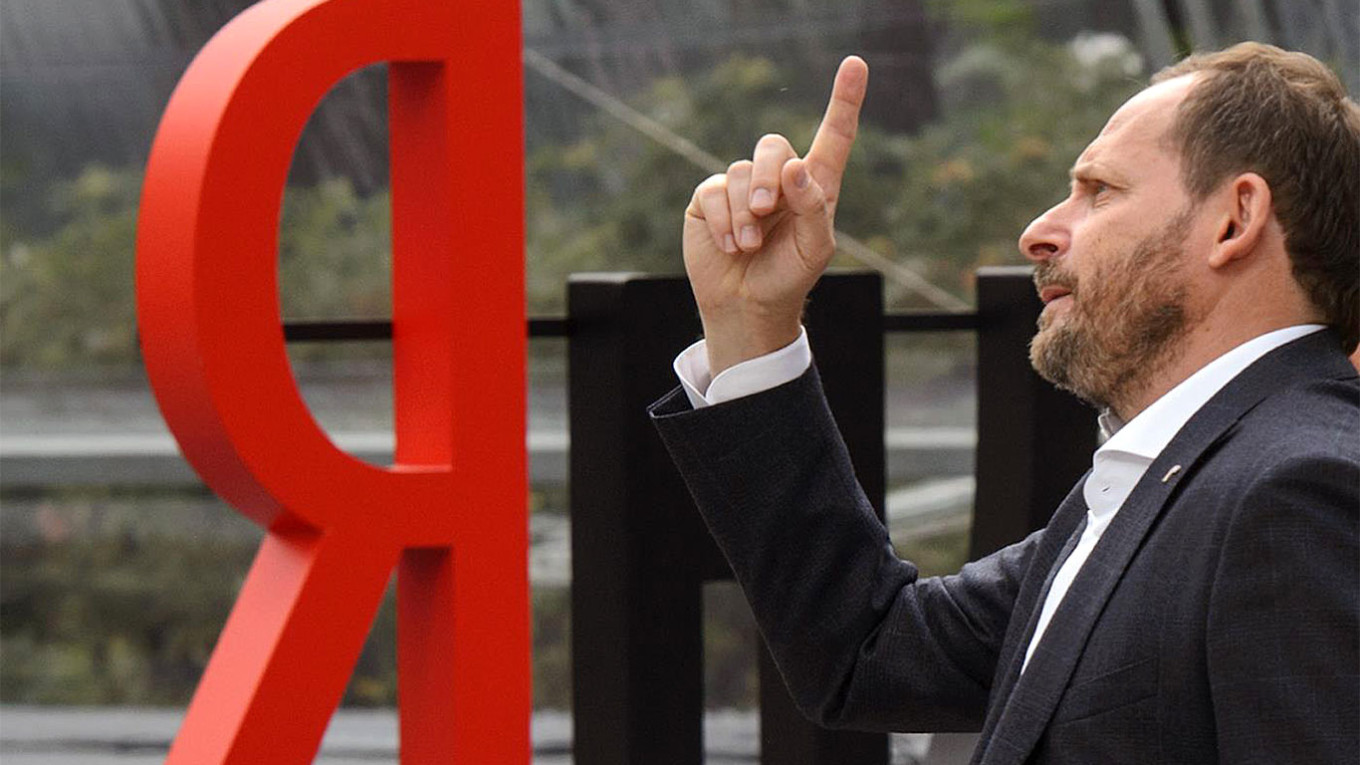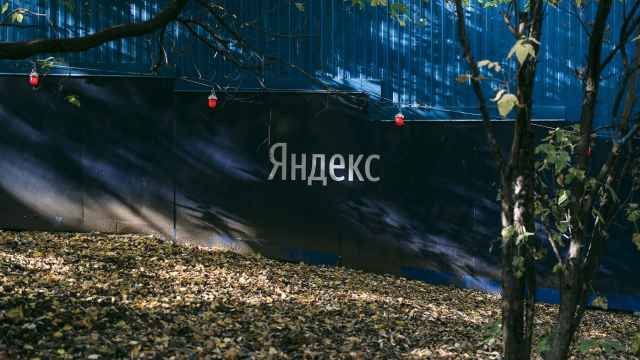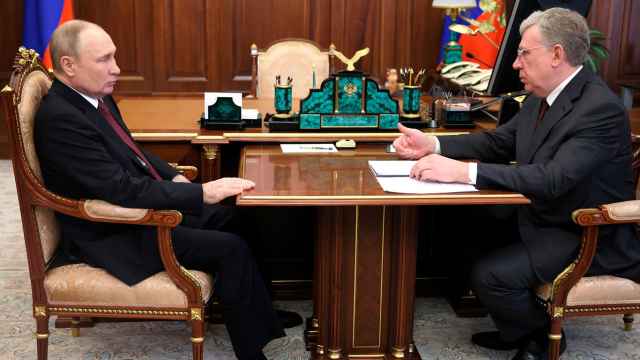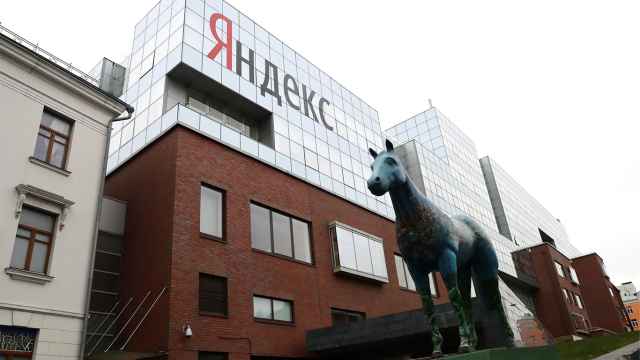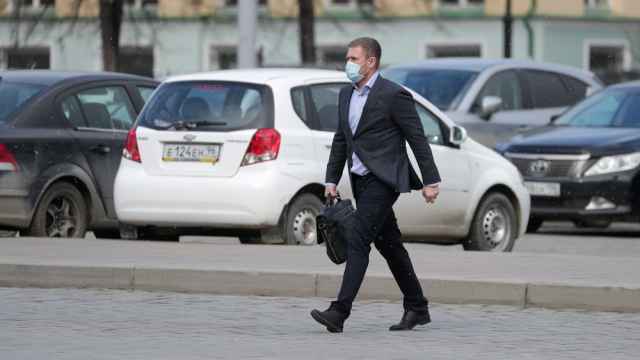Arkady Volozh, one of the founders of Russia’s tech giant Yandex and one of the wealthiest individuals in the country, publicly condemned the war in Ukraine after 533 days, calling it a "barbaric invasion." He is only the second tycoon to publicly oppose the war. None of Russia’s other leading businessmen, including those seeking to lift personal sanctions, have done so.
Volozh did not explain why he remained silent for so long, only stating that "there were many reasons" why he "had to" do so.
What were those reasons? At least one of them is that, since the war began, Volozh, who lives abroad, has been trying to sell his stake in Yandex to someone in Russia and take some of the international business (primarily drone delivery and cloud technologies) out of the company. To do this, he hired Alexei Kudrin, a former Russian finance minister and friend of Putin, to join the company. For a generous fee, Kudrin is supposed to negotiate with the Kremlin on the terms of the Yandex partition, which will allow Volozh to live and do business in the West.
However, just selling his stake and relocating to Israel will not help him accomplish that. There is another problem: since the summer of 2022 Volozh has been under EU sanctions.
"One can argue about the timeliness of my statement," the businessman wrote. There is indeed much to argue about. At the very beginning of the war, the Russian ruling class was shaken. Public anti-war statements by big business were of public importance, and their sincerity was much less doubtful. One from Oleg Tinkov, the founder of one of Russia’s largest private banks, however, remained the only of its kind.
The Yandex founder, in Tinkov's words, "squeezed out" his statement after Tinkov himself had his sanctions lifted by the U.K. Whether this is a coincidence or not is unclear. But in late 2022, an acquaintance of Volozh, responding to a question about why Russian businessmen remain silent about the war, summed up what we have heard from others: "What's the point of it now? The sanctions won't be lifted."
Another reason to doubt Volozh's sincerity is that he condemned the war in Ukraine only after he was caught up in a scandal. Journalists discovered that the biography on Volozh’s personal website described him as a Kazakh-born Israeli tech entrepreneur. It looks comical, to put it mildly, since Volozh made his fortune in Russia. This is a perfect illustration of how Russian businesses seek to whitewash their reputation in the West and get out from under sanctions, but do not want to take responsibility for what has happened and what continues to happen to Russia.
Volozh claims that he has lived in Israel since 2014 and has been involved in Yandex's international projects. This did not stop him from giving President Vladimir Putin a tour of the Yandex headquarters in 2017, nor visiting the president in 2020 and sitting on stage with his friend, Prime Minister Mikhail Mishustin. At the time, Volozh said he was happy to work in a country like Russia.
Yandex employees say that, in reality, Volozh was often in Moscow and was actively involved in Yandex's work. Since 2014, Yandex's news aggregator has been gradually transformed into a propaganda tool for the Kremlin. The rapid growth of Yandex's other services — such as taxi and delivery services — would also have been impossible without close cooperation with the state.
And here's how Volozh described what he has been doing since Feb. 24, 2022: "After the war started, I focused on supporting talented Russian engineers who decided to leave the country and start a new life … They will bring great benefit to the countries where they will stay."
Supporting talented emigrant programmers is certainly a noble aim. But who will deal with what is happening inside Russia? This is a question posed not only for Volozh, whose products and services help in the dissemination of state propaganda, but for all Russian businessmen who now wish to turn the page by distancing themselves from Russia and lifting of sanctions against them
Russian businessmen like to say that their businesses are responsible. However, they forget that ESG principles, which encompass good corporate governance, also have social and environmental dimensions. Governance not only means transparency about the salaries of board members and upper management. It also means a refusal to participate in behind the scenes deals that favor dictatorship.
What does it mean to be a responsible entrepreneur from Russia during the war? Here are some possible answers:
- Supporting those who remain in Russia and do not approve of the war (e.g., by providing powerful VPNs or by helping Russians avoid mobilization). They are all over the country. They are alienated and left to confront the state and its propaganda on their own.
- Helping independent media. These are now the main organizations that fight propaganda and keep in contact with ordinary Russians. Their websites are blocked inside Russia, their journalists are persecuted and their business models are in ruins. On this front, the Zimin family has led by example.
- Supporting civil society and political activists on a long-term basis, rather than working with them only for personal gain. For example, when signatures are needed for a letter asking for personal sanctions to be lifted.
It is time for Russian businessmen who understand the disaster Putin has created for the country to stop being "out of politics." The mistakes that have been made need to be corrected so that they are not repeated in the future. Volozh could at least tell the public the truth about Yandex's relationship with the Kremlin and security services.
Instead, businessmen are trying to take money out of Russia and manipulate public opinion in the EU and the U.S., claiming that they are unable to influence either the Kremlin or the situation in Russia on the whole .
Of course, it is impossible to set Russia down the path of a truly just and democratic country overnight.The road is long. But now is as good a time to start as any.
A Message from The Moscow Times:
Dear readers,
We are facing unprecedented challenges. Russia's Prosecutor General's Office has designated The Moscow Times as an "undesirable" organization, criminalizing our work and putting our staff at risk of prosecution. This follows our earlier unjust labeling as a "foreign agent."
These actions are direct attempts to silence independent journalism in Russia. The authorities claim our work "discredits the decisions of the Russian leadership." We see things differently: we strive to provide accurate, unbiased reporting on Russia.
We, the journalists of The Moscow Times, refuse to be silenced. But to continue our work, we need your help.
Your support, no matter how small, makes a world of difference. If you can, please support us monthly starting from just $2. It's quick to set up, and every contribution makes a significant impact.
By supporting The Moscow Times, you're defending open, independent journalism in the face of repression. Thank you for standing with us.
Remind me later.




